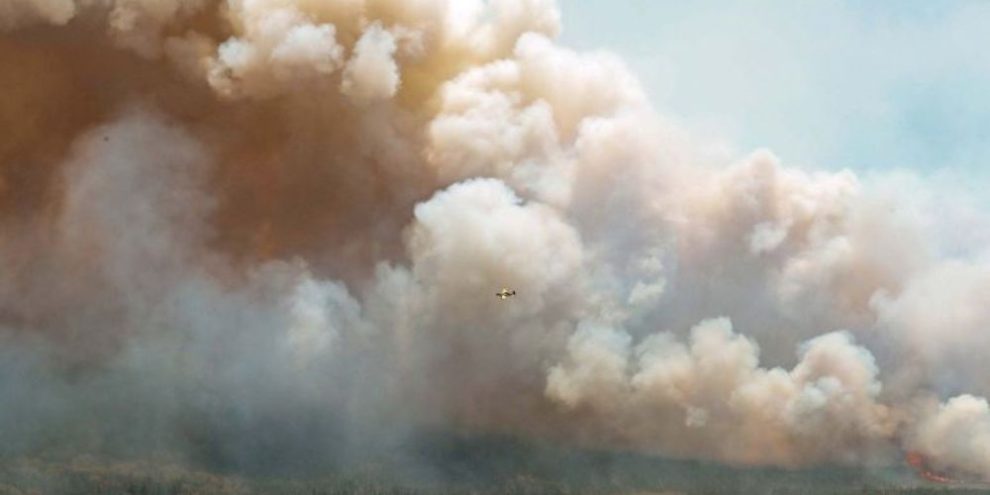
More than 300 firefighters from the United States and South Africa are heading to Canada in the coming days as the country battles an unprecedented wildfire season that has forced tens of thousands of people to flee their homes so far this year.
About 100 American firefighters are set to arrive in Nova Scotia by Monday, June 5, to help knock down out-of-control wildfires that have destroyed at least 200 homes and cottages, officials said Thursday. Another 200 firefighters arriving from South Africa will likely end up in Alberta, though officials said the wildfire situation in the country is fluid.
Support from the Canadian Armed Forces is also on the way to both provinces.
Wildfires across the country have so far devoured about 27,000 square kilometres of land, Bill Blair, the federal minister of emergency preparedness, told reporters. The national 10-year average is about 500 square kilometres, he said.
"These conditions early in the season are unprecedented," Blair said, adding that Canada is facing a "dangerous" situation. "Due to climate change, similar extreme weather events may continue to increase in both frequency and severity across our country."
There were 211 wildfires burning across the country on Thursday, and 82 of those were burning out of control.
Saskatchewan, Alberta, the Northwest Territories, Manitoba, Ontario, and — most recently — Nova Scotia and New Brunswick are among the Canadian jurisdictions that have been hit by raging forest fires so far this year. The firefighters arriving in the coming days from the United States and South Africa will be joining hundreds of their colleagues from the U.S., Australia and New Zealand who were already in Canada battling fires.
Ottawa said it has approved the Nova Scotia government's latest request for assistance, and the Canadian Armed Forces is preparing to provide extensive support, including help with logistics and resources to fight fires and hot spots. Federal Natural Resources Minister Jonathan Wilkinson said that help would start arriving "hopefully" by the end of the day.
“The simple fact is that Canada is experiencing the impacts of climate change, including more frequent and more extreme wildfires,” he said.
Banner image: THE CANADIAN PRESS/HO-Communications Nova Scotia
This report by The Canadian Press was first published June 1, 2023.





